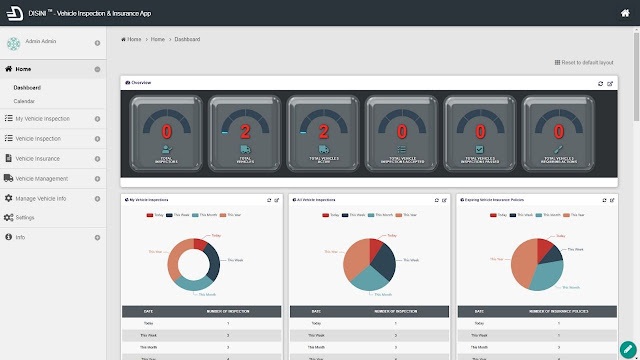The 3 Key Principles of the Joget Workflow Platform
As we passed the 150,000 download milestone for the open source Community Edition earlier this year along with the release of Joget Workflow v5, we reflect upon the vision for the product as we work towards developing the next major release.
As an application development platform, the main value proposition can be summarized into 3 key principles: Simplicity, Flexibility and Openness.
Simplicity
Unlike many competing app development platforms, Joget Workflow empowers non-coders. Just a web browser is required to build and maintain apps anytime, anywhere. The web accessibility, visual approach and focus on simplicity reduces the time it typically takes to build apps from months to weeks or days. Or even just minutes for working prototypes.
There’s also the Joget Marketplace, where you can download ready-made apps and plugins. Just as how the Apple App Store and Google Play Store revolutionized smartphones by allowing apps to extend the functionality of a phone, the Joget Marketplace is a place to extend the capability of the Joget Workflow platform.
Flexibility
Rapid Application Development (RAD) products are typically focused on UI or database centric use cases, while Business Process Management (BPM) products are typically restricted to process centric scenarios.
Joget Workflow combines the best of both worlds to support full fledged end-to-end applications for cloud and mobile. Forms, lists, UI, workflow processes, user security, integration APIs. All the core features are provided out of the box.
However, it is very important to recognize that there is absolutely no way for any solution to cater to every requirement out there. That is why the platform is designed with a dynamic plugin architecture and APIs that allow developers to extend the platform as and when required.
Openness
We believe openness is a very important trait for software.
The core platform is open source, with associated benefits in cost, freedom, security and accountability. The platform can be deployed in various ways, whether on-premise, in the public or private cloud. It also runs on a multitude of operating systems, databases and application servers so it fits in with your infrastructure e.g. Windows, Linux, Oracle DB, Microsoft SQL Server, SAP HANA, MySQL, IBM Websphere, Oracle Weblogic, Red Hat JBoss, Apache Tomcat, etc.
There are also several editions of the platform to cater to different features and affordability needs, whether for Fortune 500 enterprises, government agencies, mid-market companies, departments, or small businesses.

.png)
Comments
Post a Comment